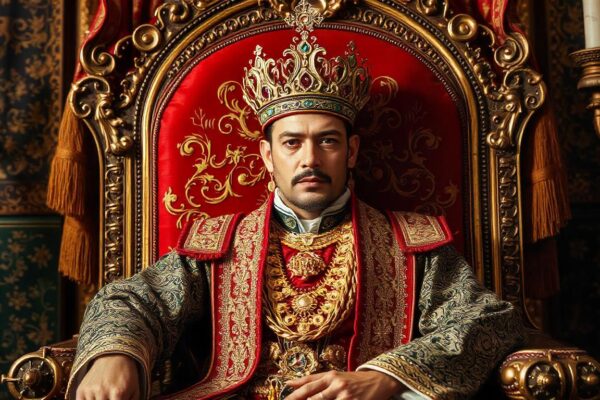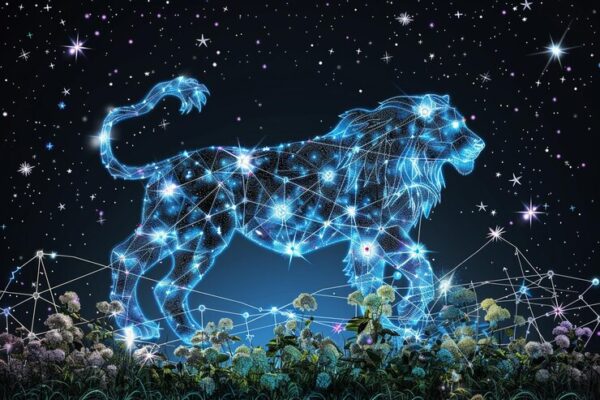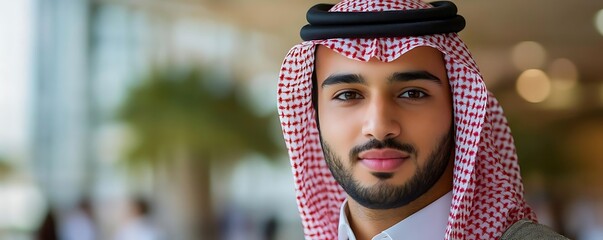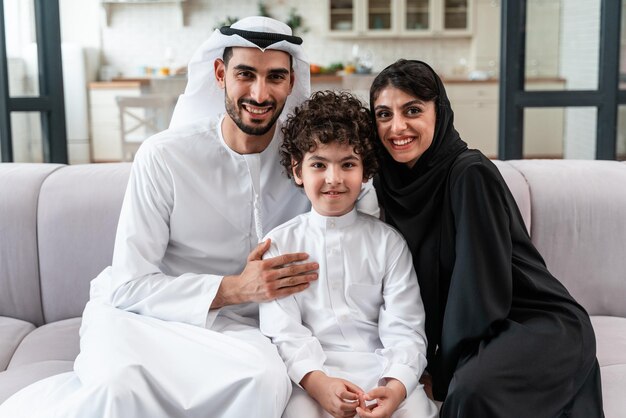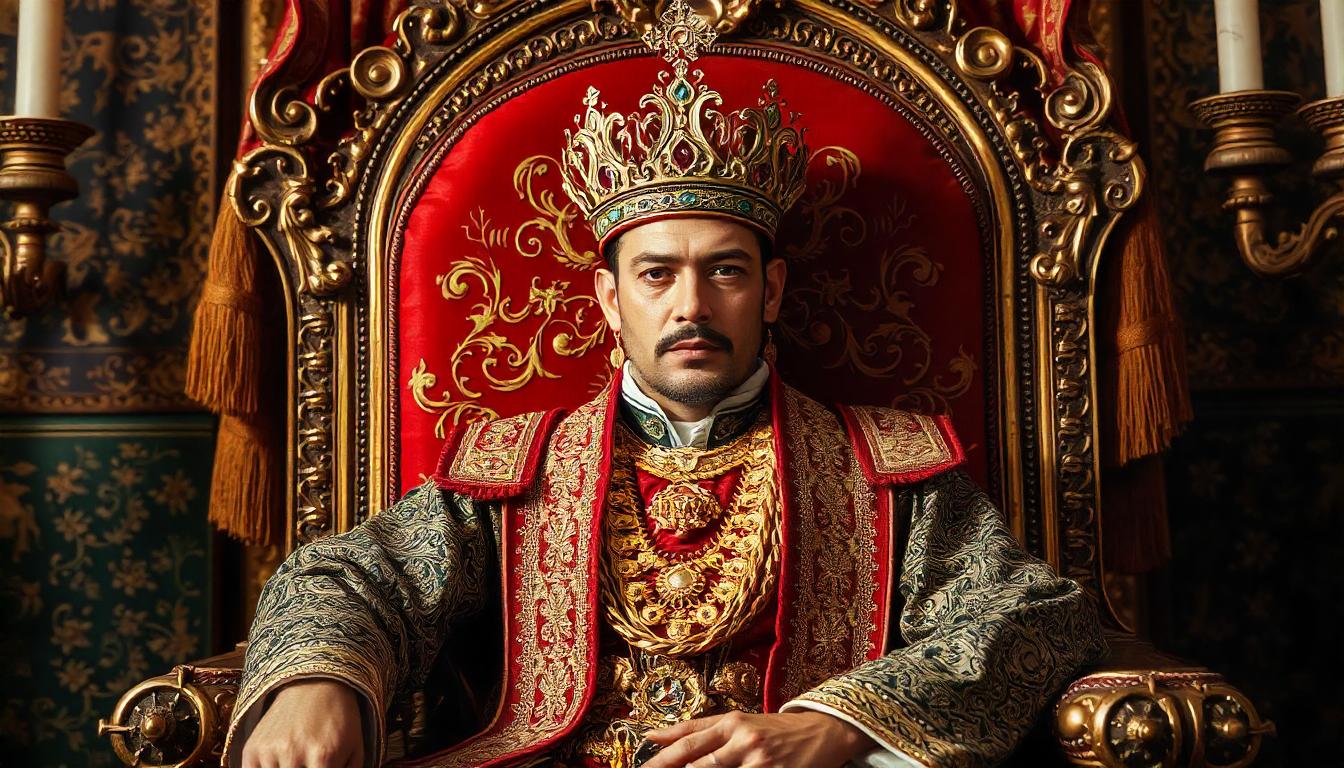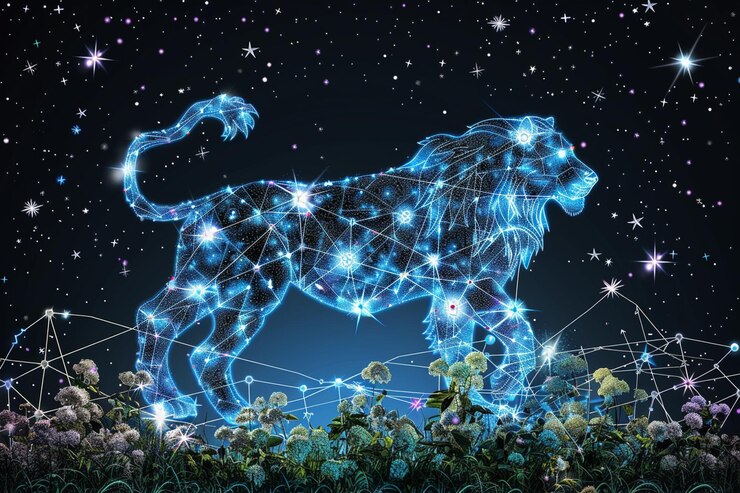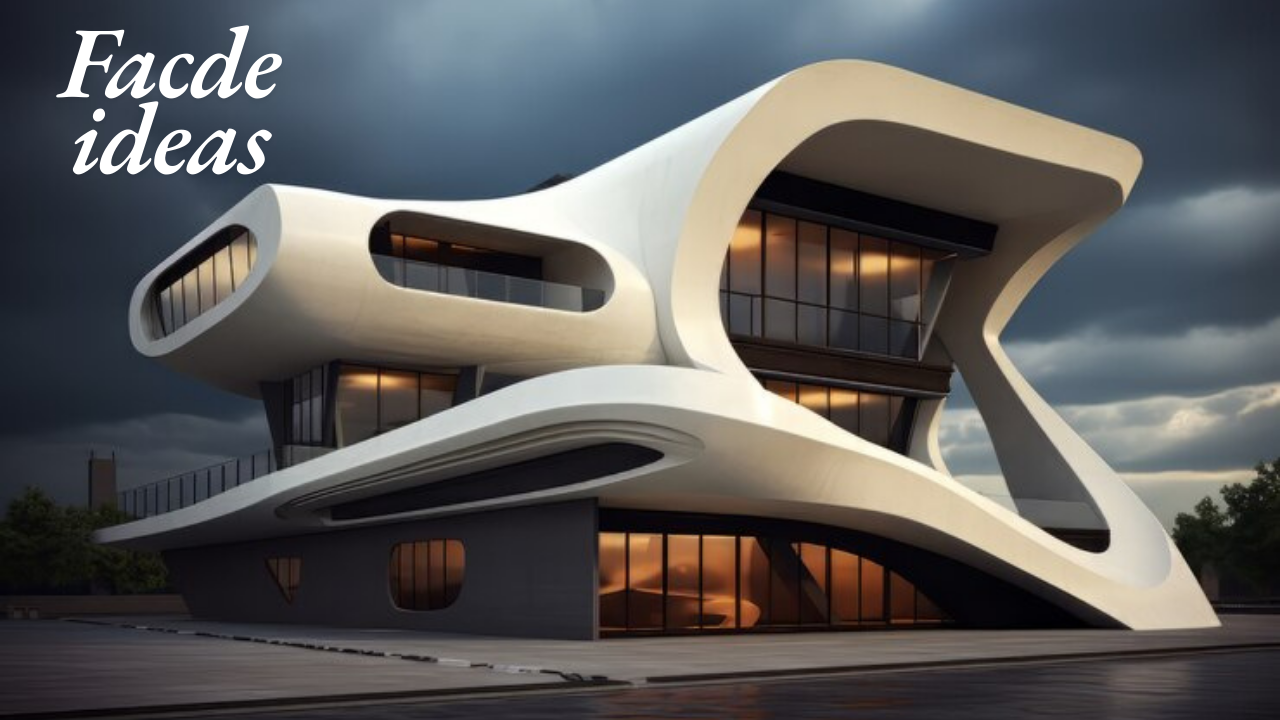Arab men have long been recognized for their rich cultural heritage, shaped by centuries of history, religion, and social structures. Whether in the bustling metropolises of the Gulf or the rural landscapes of North Africa, their experiences reflect a deep connection to tradition, family, and community. However, as the Arab world grapples with globalization and modernization, the roles and identities of Arab men are evolving, often in complex and nuanced ways.This article explores the cultural, social, and personal dimensions of Arab men, shedding light on their traditional values, modern-day challenges, and the dynamic nature of masculinity in the Arab world.
Traditional Roles and Values
Historically, tribal values, religious tenets, and social hierarchies have deeply influenced Arab men. In many parts of the Arab world, people closely tie the concept of manhood to familial responsibilities, honor, and the protection of one’s kin. Consequently, men often serve as the providers and protectors of their families, a role passed down through generations.
Family and Honor
For Arab mens, family lies at the core of their identity. The importance of family ties, respect for elders, and loyalty to the extended family are fundamental values. Traditionally, Arab men have acted as the guardians of their family’s honor, a concept deeply embedded in Arab culture. This responsibility often connects to their behavior, decisions, and even the actions of other family members.
Patriarchy and Leadership
Historically, patriarchal structures have defined Arab societies, with men holding primary authority in both family and public life. Arab men are frequently expected to lead, make decisions, and provide guidance in family and community matters. Moreover, their leadership extends to matters of marriage, education, and career choices for younger family members.
Religion and Its Influence
Islam plays a central role in the lives of many Arab mens, providing a moral and ethical framework that shapes their personal and social behavior. In particular, Islamic teachings significantly influence the expectations placed on Arab men regarding gender roles.
Religious Duties
Many Arab men actively participate in religious practices, such as daily prayers, fasting during Ramadan, and attending Friday prayers at the mosque. These observances not only reflect personal faith but also serve as markers of a man’s commitment to his family and community.
Masculinity and Morality
In Islam, people associate masculinity with qualities like responsibility, wisdom, and moral integrity. Men are expected to act fairly, protect their families, and lead lives of righteousness. Thus, these religious values integrate into the daily lives of Arab men, guiding their behavior in both private and public spheres.
The Impact of Globalization and Modernization
In recent decades, the Arab world has experienced rapid economic, social, and political changes due to globalization. Consequently, these transformations have significantly impacted the roles, expectations, and identities of Arab men, leading to a reevaluation of traditional norms.
Economic Pressures
With the rise of global economies and technological advances, Arab men, especially in urban areas, increasingly face pressure to compete in modern job markets. As a result, traditional roles of provider and protector are shifting as more women enter the workforce and the economic landscape changes.
Challenges of Modernity
The modern world presents new opportunities, but it also poses challenges to traditional Arab masculinity. In many urban areas, younger generations of Arab men find themselves negotiating between traditional expectations and modern lifestyles. This often leads to internal conflicts, particularly when balancing personal ambitions, family obligations, and societal expectations.
Evolving Gender Dynamics
One of the most significant shifts in the Arab world today is the changing dynamic between men and women. As women increasingly take on active roles in education, the workforce, and politics, the expectations of Arab men are also evolving.
Men and Feminism
In some parts of the Arab world, particularly in countries with strong feminist movements, men are beginning to reevaluate their understanding of gender roles. While traditional expectations of masculinity still exist, there is a growing awareness of the need for more equitable relationships between men and women. Consequently, some Arab mens are advocating for gender equality and supporting women’s rights, reflecting a broader shift in attitudes toward feminism in the region.
Redefining Fatherhood
Arab men today are also redefining what it means to be a father. In more progressive circles, fathers are taking a more active role in parenting, challenging the traditional notion that child-rearing is primarily a woman’s duty. This change is especially evident in urban areas, where gender roles are becoming more fluid and less rigidly defined.
Conclusion
The identity of Arab men is deeply rooted in centuries of cultural, religious, and social traditions, but it is not static. As a result, in the face of modernity, globalization, and changing gender dynamics, Arab men are navigating a complex landscape where tradition and progress coexist.
For many, this has meant redefining what it means to be a man, balancing the values of family, religion, and honor with the demands of modern life. Ultimately, the future of Arab masculinity will likely continue to evolve as younger generations confront the challenges and opportunities of a rapidly changing world.
While the core elements of Arab identity remain, the landscape of manhood is transforming, blending the old with the new in ways that reflect the diversity and complexity of the Arab world today.



